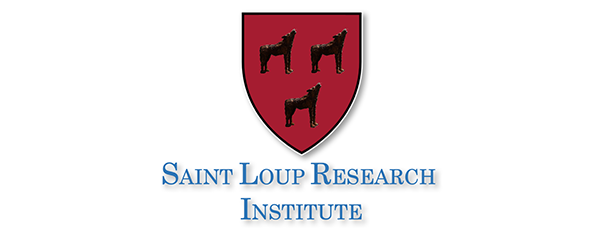
Tutorials for young(er) researchers
At the start of their careers, young, or at least novice, researchers often experience difficulties dealing with the steps needed to get their foot in the door and land a permanent position in academia or in research institutions. One of these steps, now more required than ever, is to publish, in a timely fashion, a number of impactful articles in some of the top journals in their field.
These can be articles stemming from their Ph.D. dissertation, when (as is more and more the case, it seems) their severely overcommitted advisor/supervisor does not have time to help them put decent manuscripts together. Or it can be articles resulting from a postdoc, and which they find people expect them, since they got a Ph.D., to be able to write on their own, with minimal or even no assistance at all. Finally, it can simply be the one additional article they need to feel competitive for job applications or promotions for which, increasingly, one expect applicants to have lists of publications that are a mile long…
That is where we provide help, under one of two options. In both cases, the idea is that young(er) researchers come to Saint Loup Lamairé (Deux-Sèvres, France), where we are located, to spend a week and work on a manuscript with us, and if time permits, submit it for publication. Over the years, we have found that, even though conceivably some of this individual “tutoring” could be provided remotely, through video conferencing, it is far more productive to discuss things in person, in a setting where there are minimal distractions and interruptions, unlike in the researchers’ regular work environment. In Saint Loup, we can devote entire days to the writing and delve into the text much deeper, and quicker, than would be possible otherwise.
Right now, the tutoring is provided by Professor Philippe C. Baveye, and relates chiefly to work in soil science, environmental science, and educational research. In the future, depending on external donations to the institute or on fees we levy for that purpose, other senior researchers could get involved as well as tutors.
The first tutoring option is for researchers to work in Saint Loup on a manuscript based on their own work. Anyone interested in taking that option should e-mail us a description of their manuscript. After an initial contact is made, they will be invited to send a first draft, in whatever shape (and language: English, French, or Spanish) it is. We then exchange via e-mail for a period of time on the scientific content of the manuscript, to get to a point where “all” that remains to be done is to write an appealing narrative to sell the research. When sufficient progress in that sense has been made, we make plans for a visit in Saint Loup for the in-person part of the tutoring. Under this option, the tutor’s role is to facilitate the publication of the young researcher’s work. As a rule, we do not accept to be a co-author on the final manuscript that results.
The second tutoring option gives the opportunity to young researchers to join our team as we work on one of our own manuscripts, of which eventually they would become a co-author. Anyone interested in that option should contact us to tell us what their topic of interest is (among the ones on which we have worked in recent years: see separate webpage with list of publications). If, as is routinely the case, we are writing something in the same general area at the time, for example a critical review, we would give them an idea of the direction we are pursuing, as well as a list of references they should get acquainted with if they want to help us, or specific areas in which to do further literature searches. Once they have read sufficiently on the topic, we have a few discussions through video, then we invite them to come to Saint Loup for a week, to work with us.
At this stage, there are no fees associated with the work component of these stays in Saint Loup. We are happy to provide them as a service to the scientific community. However, for the time being, for the logistic component of these stays, we have to ask individuals to pay 70 euros per day for meals and for lodging (in the “gîte”, i.e., B&B, of the institute, which has a number of individual rooms with a private, “en suite” bathroom). An official invoice can be provided by the Saint Loup Research Institute in case of payment of these expenses by the researcher’s institution back home. In the future, as hopefully we attract sufficient donations and external funding, we hope to eliminate these fees entirely.
